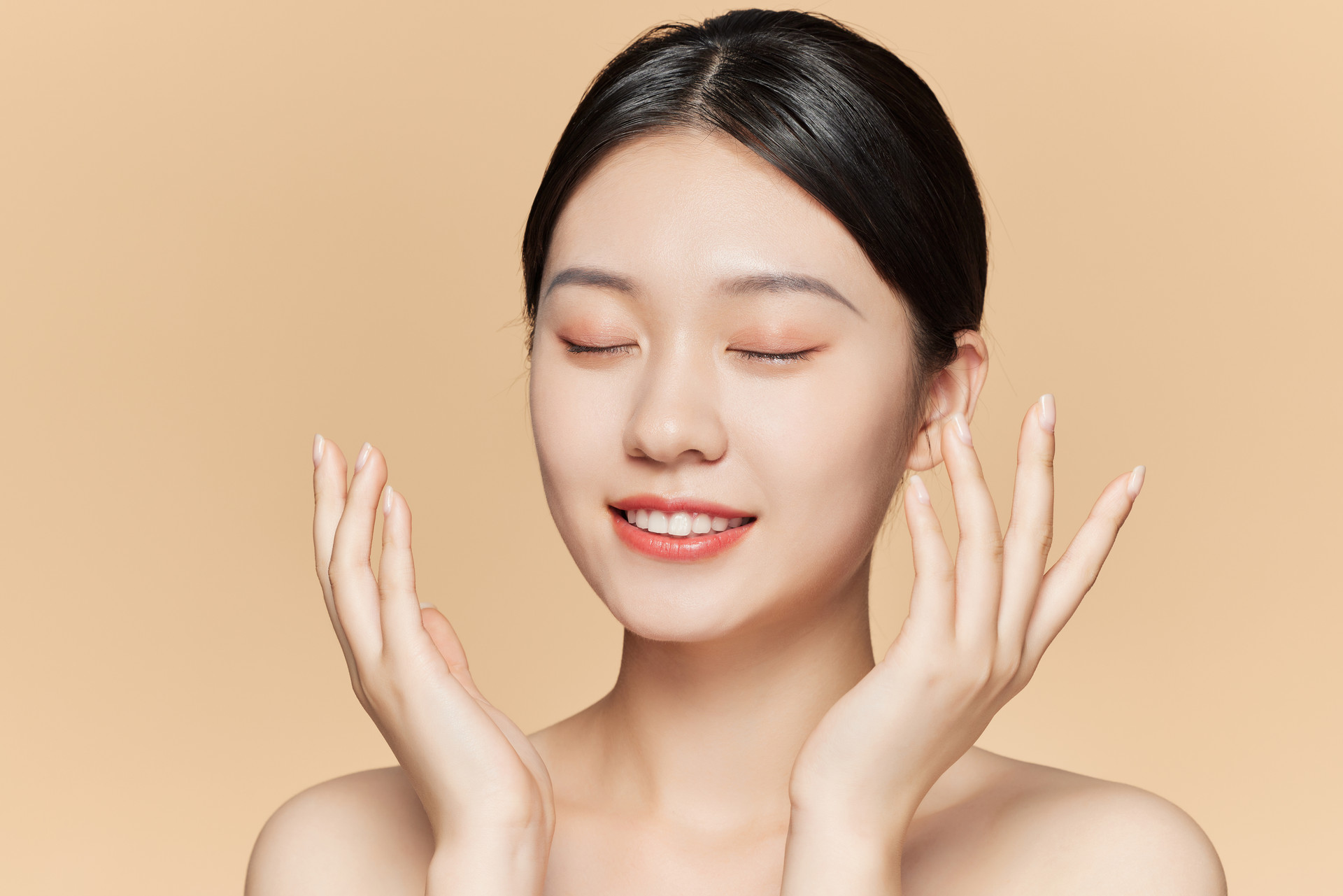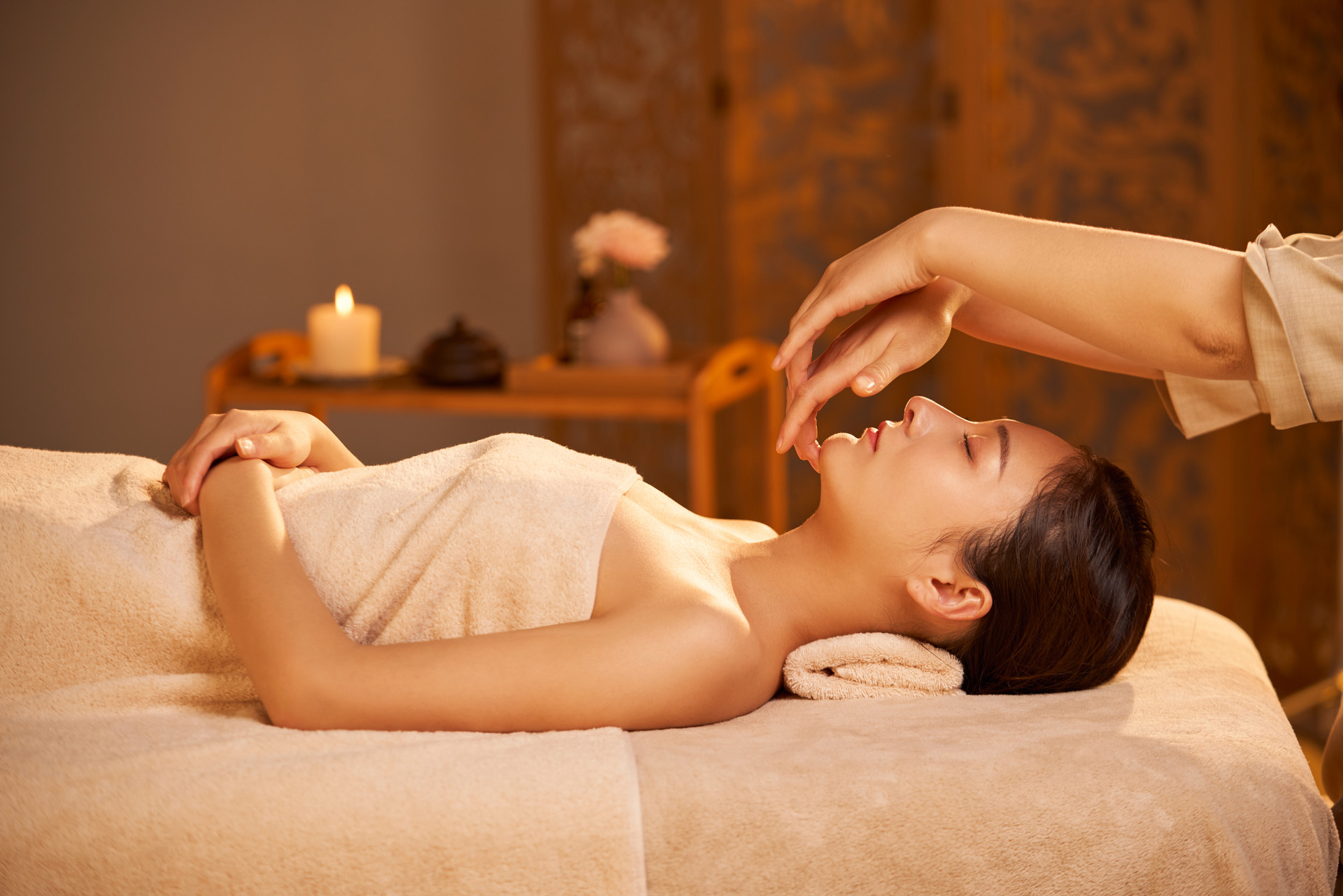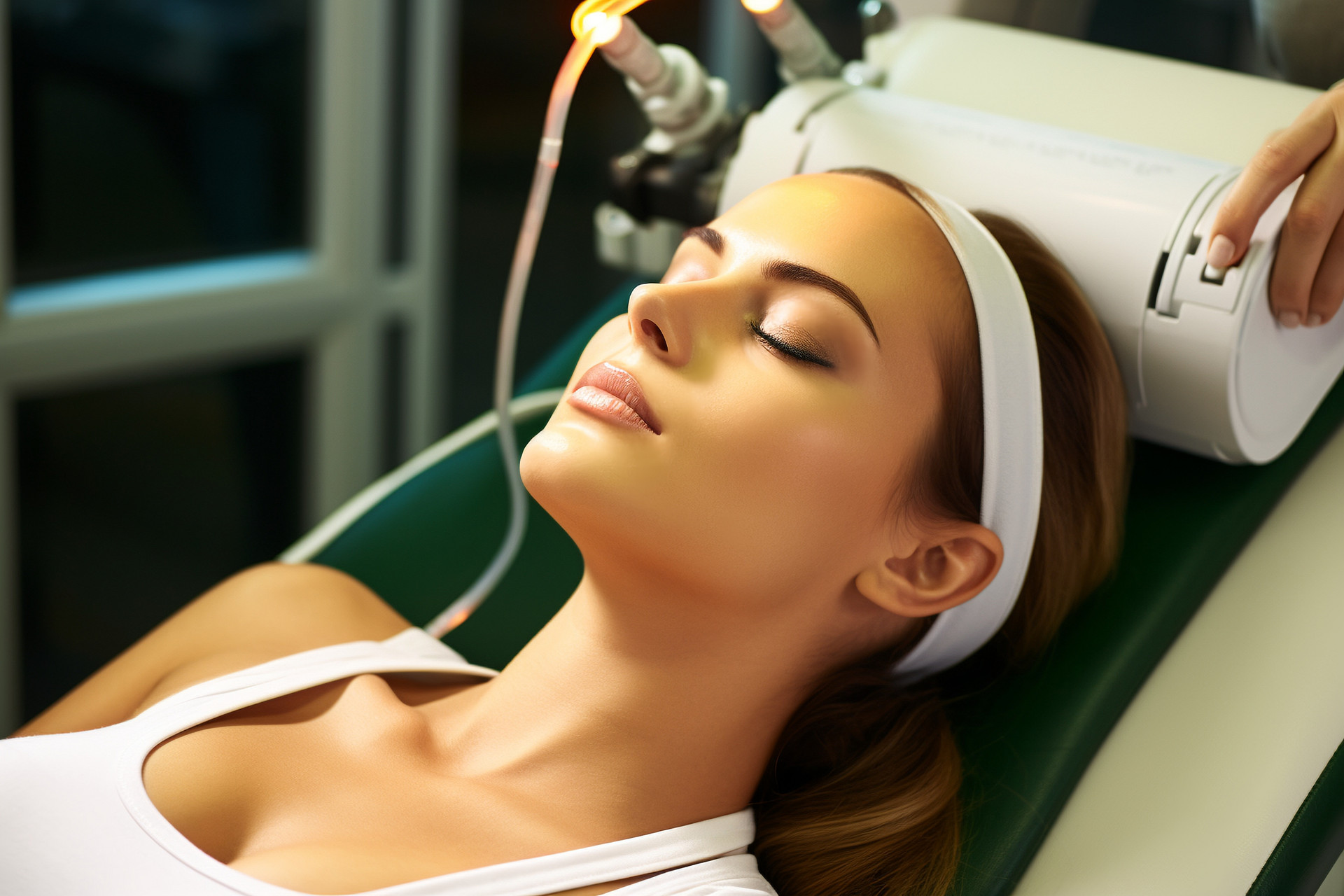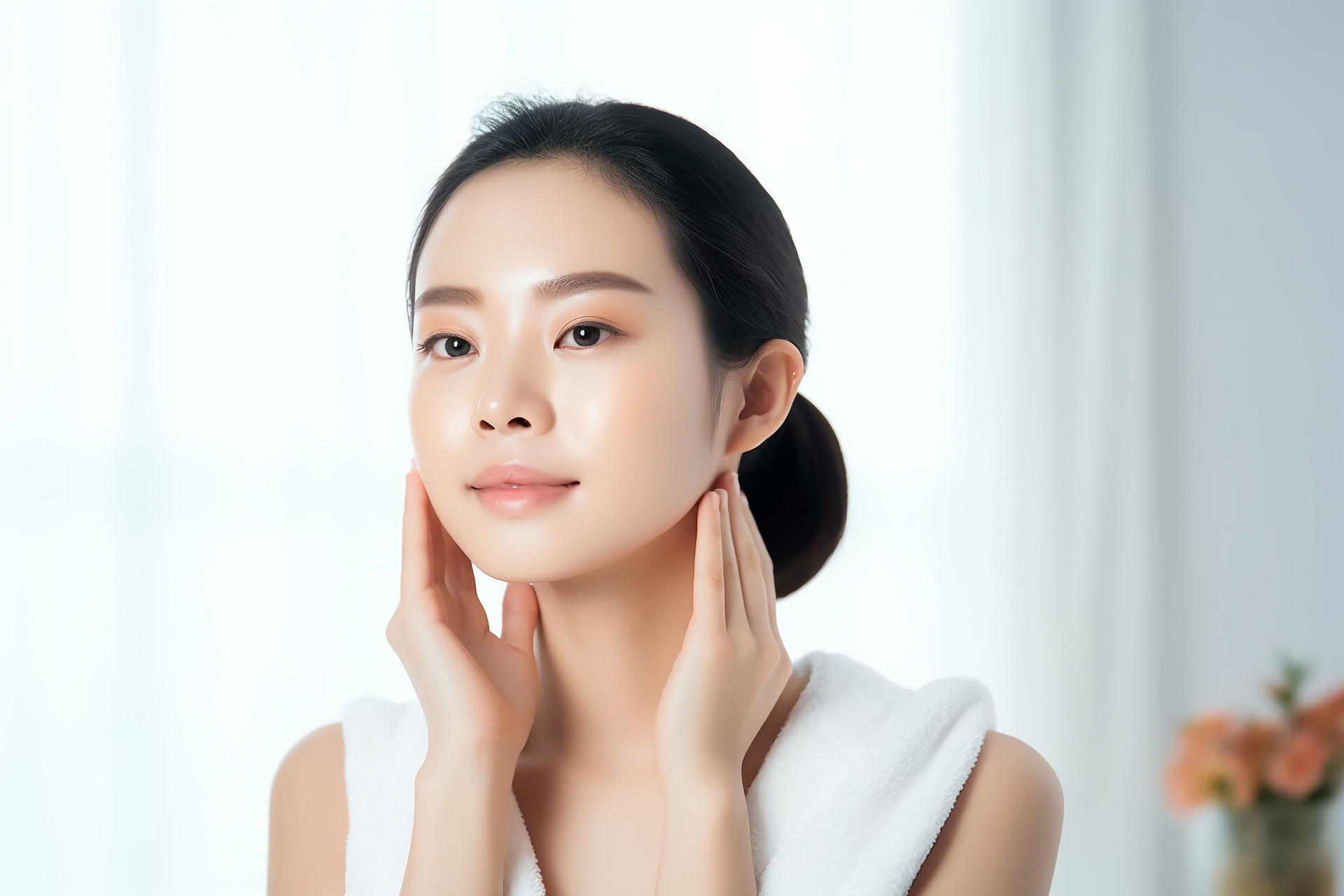A tooth, from the babbling of infancy to the weak chewing of old age, is an important companion throughout a person's life. In daily life, people use their teeth to chew food and obtain the necessary nutrients for their bodies. During social interactions, they show off their confident and joyful smile with their white teeth. When angry, they express their emotions by grinding their teeth. However, people often only think about taking care of their teeth when they are tortured by toothaches.
The World Health Organization has set the gold standard for oral health: clean teeth, no cavities, no pain, normal gum color, and no bleeding. Oral health is not only about the teeth themselves, but also closely related to the oral environment and daily oral care habits. In order to keep our teeth healthy and serve us well until old age, we need to pay attention to details and adopt healthy care methods.
Oral health is closely related to overall health
Teeth are the hardest bones in the human body and have physiological functions such as supporting the face, chewing, and assisting in pronunciation. According to traditional Chinese medicine, healthy and strong teeth that are white and glossy are a manifestation of abundant kidney qi and sufficient body fluids. The kidneys govern bone marrow, and the marrow is filled with kidney essence. As "teeth are the remnants of bones," teeth and bones come from the same source, and teeth are also filled with the essence of the kidneys. The Huangdi Neijing states, "When a girl reaches the age of seven, her kidney qi is strong, and her teeth start to grow... When a man reaches the age of fifty-eight, his kidney qi weakens, and his teeth become loose and decayed..." The Zabing Yuanliu Xizhu Lipu states, "Teeth are the marks of the kidneys and the foundation of bones." Ye Tianshi also clearly pointed out in his book "Wen Re Lun," "Teeth are the remnants of the kidneys, and gums are the connections of the stomach."
Teeth are one of the most important organs in the human body, and dental health is also an important indicator of overall health. When a person is born, their bones are not fully developed, and their teeth do not grow. After the age of 20, the bones become strong and the teeth become sturdy. After the age of 40, the body's yang qi declines, the bones begin to weaken, and the teeth start to deteriorate and loosen. Around the age of 50, the teeth start to loosen and fall out, and dental diseases become more common. At this time, the overall bone density decreases, gradually worsening, leading to joint pain and cramps. Some people start to get dentures, and those with severe cases end up with only residual roots or all teeth removed, replaced with full dentures. By observing the development process of teeth, we can understand the growth and changes of overall bone density. Through the growth and changes of teeth, we can assess the strength of the body's bones.
According to traditional Chinese medicine, dental health is directly related to the function of the kidneys. Specifically, tooth decay and sparse teeth are related to kidney deficiency and are signs of osteoporosis. "To maintain good health, one should first take care of their teeth." Different individuals have different natural endowments, including teeth. Because it is closely related to the abundance of innate essence, even if one pays great attention to oral hygiene, the likelihood of developing dental diseases is still high if their innate essence is insufficient. As people age, their kidney essence weakens, making their teeth more prone to early loss. Traditional Chinese medicine emphasizes the nourishment of kidney essence as a necessary means of protecting teeth. With sufficient innate endowment and nourishment of kidney essence, the teeth will be white and strong, and dental diseases will be less likely to occur.
Some Chinese herbs that belong to the kidney meridian, such as deer antler, psoralea, dodder seed, gecko, cistanche, eucommia bark, xuduan, goji berry, dendrobium, astragalus, morus alba, ligustrum, turtle shell, and soft-shelled turtle shell, have nourishing and tonifying effects on the yin and kidneys. They can be applied according to the patient's symptoms, tongue appearance, tongue coating changes, and pulse condition. There are also some foods that have the effect of nourishing kidney essence, such as black sesame, mulberry, lean pork, Chinese yam, and peanuts. Regular consumption of these foods can help nourish the kidneys and prevent tooth decay, and they also have good effects on strengthening teeth.
Oral health depends on proper care
Traditional Chinese medicine has abundant content on dental health, such as mouth rinsing, brushing teeth, swallowing saliva, and grinding teeth. These methods of oral healthcare and tooth protection are convenient and can be tried.
Tooth Grinding: The book "Qian Jin Yao Fang" by Sun Simiao from the Tang Dynasty records: "After waking up in the morning, close your mouth and press your tongue against the palate." "Tooth grinding" was a popular health practice in ancient times. The saying "Grind your teeth three hundred and sixty times in the morning and evening, and your teeth will not fall out when you are old" refers to "tooth grinding." Every morning, bite the upper and lower teeth against each other repeatedly for 60-360 times. At the same time, "drink the elixir of longevity" by swallowing saliva three times. This practice can reduce oral diseases, especially tooth diseases, and promote overall health.
"Closing Tianmen" Tooth Strengthening Method: The book "Yang Sheng Lu" says: "When urinating, bite down on the root of the teeth and then release, so that the kidney qi can also be regulated. It not only strengthens the essence but also strengthens the teeth." This means that when urinating, tiptoe and close the teeth. When defecating, close the teeth. Persisting in this practice every day can strengthen the teeth, consolidate the essence, strengthen the kidneys, and improve overall health.
Mouth Rinsing with Tea: According to the third national oral health epidemiological survey, the proportion of elderly people over 65 years old with dental caries in mainland China is as high as 98.4%. According to the results of a national epidemiological survey organized by the National Dental Prevention Group, the average number of dental caries in 5-year-old children in China is 4.18, with a prevalence rate of over 75%; 12-year-old children who have recently replaced all their permanent teeth have an average of 0.88 dental caries, with an incidence rate of 45%.
Regarding the causes of dental caries, Chao Yuanfang, a famous physician from the Sui Dynasty, believed in his book "Zhu Bing Yuan Hou Lun" that the cause of dental caries is not rinsing the mouth after meals. Our ancestors paid great attention to rinsing their mouths after meals. As early as the Western Han Dynasty, the book "Li Ji" recorded the saying "The chicken crows for the first time, and everyone rinses their mouths."
The book "San Yuan Can Zan Yan Shou Shu" from the late Song Dynasty and early Yuan Dynasty also mentioned rinsing the mouth with strong tea: "After eating, rinse the mouth with strong tea. It will remove the greasiness and make the spleen and stomach harmonious. When meat is stuck in the teeth, rinsing with tea will remove it without feeling uncomfortable or picky. Teeth are naturally bitter, and gradually become strong and firm, and dental caries will naturally disappear."
Modern medical research has found that tea contains tea polyphenols. Tests have shown that green tea has a higher content of polyphenols and has strong antioxidant properties and certain antibacterial activity. It has a good inhibitory effect on Streptococcus mutans, which causes dental caries.
Gum Massage: Use the index finger or tongue to press against the gums and perform small circular rotating massage movements, starting from the outside and moving to the inside. Then rinse the mouth, ensuring that each gum area associated with each tooth receives massage, and repeat 9 times.
Develop Good Chewing Habits: Chew slowly and correct any bad habits of chewing on one side. This not only promotes the secretion of digestive juices and helps food digest thoroughly but also promotes circulation and benefits the health of periodontal tissues.
Proper Toothbrushing: Improper toothbrushing does not have a protective effect and can damage the teeth and gums, causing a deep groove to be "sawed" at the root of the teeth over time. The bristles should be in contact with the crown of the teeth, with the bristle head pointing towards the crown, gently brushing along the tooth surface toward the gum, and cleaning each tooth surface one by one, both cleaning the teeth and massaging the gums. Brushing before going to bed is the most important.
Dietary Adjustment: The diet should be diversified, with more consumption of coarse grains, vegetables, fruits, etc., and less consumption of snacks, especially foods with high sugar content. It is necessary to avoid the stimulation of teeth from extremely cold, extremely hot, and acidic foods. Smoking and alcohol should be avoided.






